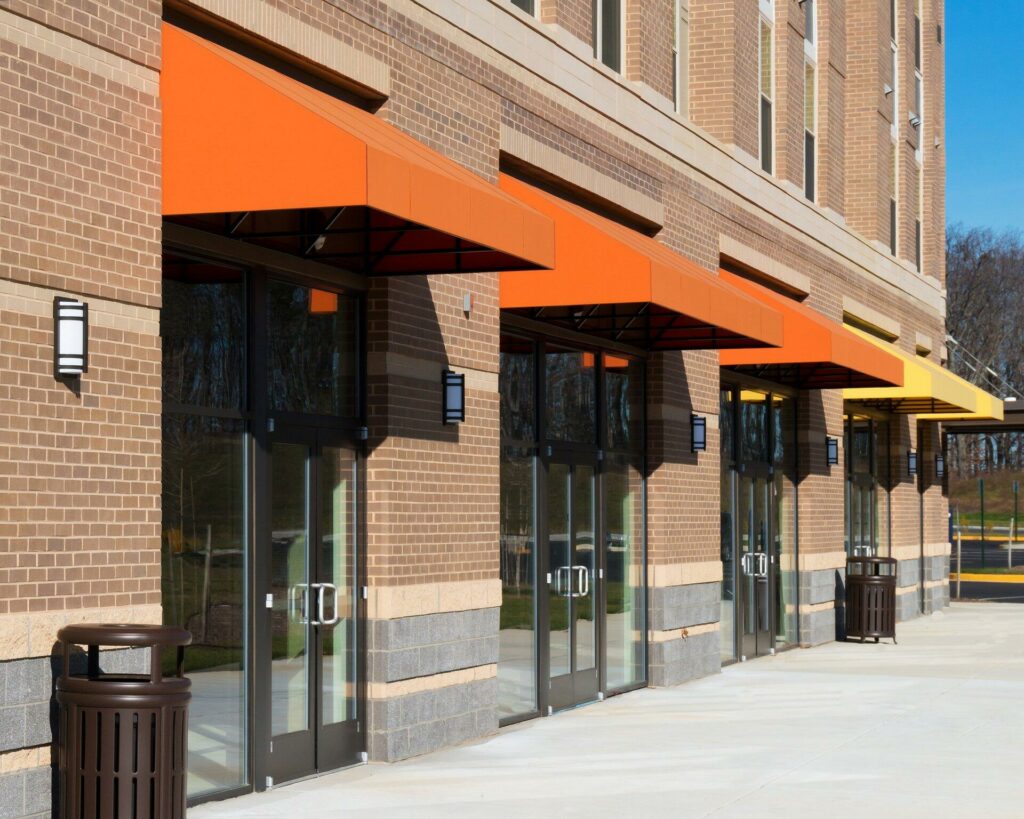
Alternative Dispute Resolution, or ADR, is an alternative to trial proceedings. Often, ADR can save clients both time and money: it settles the dispute in a shorter time frame and costs less in attorney fees, court costs, and other associated expenses. Whereas litigation can be more hostile in its approach, ADR options tend to focus on finding the best outcome for all involved parties. The process has a long history in Florida, which began offering ADR options in the 1970s. Five main types of ADR are options here in Florida: Mediation, voluntary trial resolution, settlement conferences, neutral evaluation, and arbitration. Let’s take a brief look at each of them
Mediation
In Florida, the State certifies mediators, holds them to a high ethical standard, outlines their responsibilities, and establishes rules and certification standards, among other things. Mediation, as a whole, is a process that allows two parties to focus on finding a mutually beneficial resolution to their dispute. A mediator functions as a neutral party who is there to help the participants communicate with each other and arrive at an amenable agreement, if possible. Mediation is particularly useful when the relationship will continue after the dispute is resolved. Whether you are raising children together or running a business together, the cooperative nature of mediation can lay a foundation for a healthy future partnership. Mediation may not be the best option if there is abuse involved or in a scenario where someone is unable to attend.
As far as proceedings, mediation is governed by Florida statutes, Florida Rules of Civil Procedure, and by local laws, such as this example for the Middle District of Florida. Sometimes parties select mediation on their own, and at other times, it may be court-mandated. If mediation is not successful, there are other options to pursue.
Voluntary Trial Resolution
Voluntary Trial Resolution, or VTR, is also known as a private trial. In 1999, Florida first added VTRs to the procedures for arbitration. Although VTR and mediation may seem similar, there are key differences. Voluntary Trial Resolutions take place before a judge and utilize all of the same statutes and civil procedures that a traditional trial involves. Additionally, decisions may be appealed through the appellate courts. In Florida, specifically, both the Florida Evidence Code and the Rules of Civil Procedures apply to private trials. In VTR, both parties agree to allow an attorney to function as a sitting judge (a private trial resolution judge) for their case. This attorney must be in good standing with the Florida Bar for more than five years, and both parties must agree on the judge within ten days, or the court will select and assign a resolution judge for them. According to Fla. Stat. §§ 44.104(1) and (14), private trials are not an option for matters that involve children or raise a constitutional question.
Settlement Conferences
A settlement conference is similar to mediation in that there is a third party who is neutral and helps the participants explore possible resolutions to their dispute. The neutral party is called a “settlement officer” and does not decide what the resolution is. Instead, they meet with the attorneys for each side. At this time, the attorneys present the positions of their clients, and the settlement officer (who may or may not be a judge) may meet with the plaintiff and defendant individually.
The settlement officer then makes recommendations and communicates offers and counteroffers between the two parties. A settlement conference can be mandatory, or it may be voluntary, and the settlement officer cannot force a settlement. If both parties can agree to the settlement, then their attorneys will work on drafting an agreement that lays out details.
Neutral Evaluation
Neutral Evaluation is a lesser-known (and utilized) ADR option that most frequently involves a subject matter expert in a specific field. Often, a neutral evaluator is assigned to the case and listens to both parties present their case. Neutral evaluators may also ask each party’s attorney clarifying questions to help bring to light potential concerns or insights into the situation. After this stage finishes, the neutral evaluator will offer insight and opinion about the strengths and weaknesses of both sides; frequently, this takes the form of a written statement to both parties. The evaluator will also offer a potential resolution.
Arbitration
Arbitration proceedings are generally not as formal as a trial. In fact, for non-binding arbitration, Rule 1.820 of the Florida Rule of Civil Procedure states, “The hearing shall be conducted informally. Presentation of testimony shall be kept to a minimum, and matters shall be presented to the arbitrator(s) primarily through the statements and arguments of counsel.” Arbitration can be binding or non-binding, and the difference between the two is that with binding arbitration, the parties agree to waive their rights to a trial. Subsequently, the arbitrator’s decision is considered final and without an option for an appeal, barring circumstances set forward in F.S. §44.104 (10): “(a) Any alleged failure of the arbitrators to comply with the applicable rules of procedure or evidence. (b) Any alleged partiality or misconduct by an arbitrator prejudicing the rights of any party. (c) Whether the decision reaches a result contrary to the Constitution of the United States or of the State of Florida.” It’s essential then, to understand the ramifications of selecting arbitration, whether binding or non-binding. Non-binding arbitration is an option that allows the parties to move to trial if they are unwilling to accept the arbitrator’s decision. If there is a move to trial, participants may have to pay additional fees.
Some Things to Consider About Alternative Dispute Resolution
If you’re thinking about alternative dispute resolutions in Florida, the key things to evaluate before moving forward are what process you want to use, who the neutral third party will be, and at what stage of your case will you pursue ADR. These are all factors that you can discuss with a skilled attorney.
At Boyer Law Firm, our dedicated team is here to assist you with exploring alternative dispute resolution options to your case. We have many years of experience at our disposal. Contact us today with any questions you may have for us.





